NATSAP's 10th Annual Advocacy Day Demonstrates Collective Strength in Pursuit of Youth Mental Health Reform
As May marks Mental Health Awareness Month, the success of NATSAP’s 10th Annual DC Advocacy Day stands as a powerful example of unified action for youth mental health and safety in residential care.


Advocates from across the country convened in Washington, D.C., participating in over 80 meetings with congressional offices to advance the call for federal oversight of residential treatment programs and greater investment in youth mental health services. The consistent message delivered on Capitol Hill was simple yet urgent:
Safe, effective, and accountable care must be a national priority.

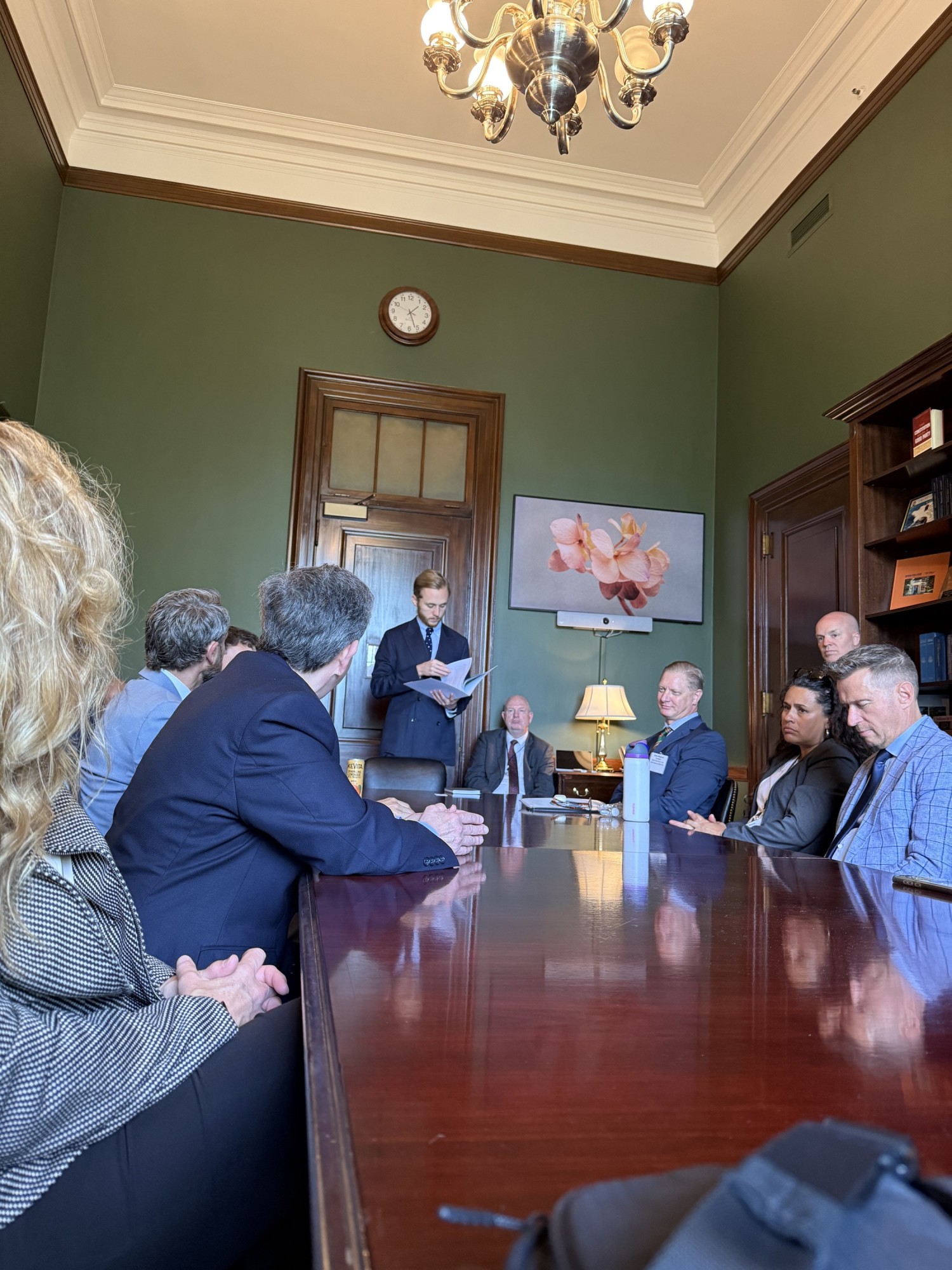

This year introduced a significant new component—a full day of Advocacy Training Sessions designed to equip participants with the knowledge and tools needed to engage confidently with policymakers. The training emphasized the importance of mental health advocacy, legislative engagement, and the future of behavioral health treatment for youth.
Sincere appreciation is extended to the expert panelists and speakers who contributed to the day’s success:
- National Alliance on Mental Illness (NAMI)
- NAMI Maryland
- Center Road Solutions
- Hooper, Lundy & Bookman
- The Alpine Group
- American Psychological Association
- American Academy of Child & Adolescent Psychiatry
- Partnership to End Addiction
- Eating Disorders Coalition
- National Association of School Nurses
- Delegate Vaughn Stewart (Maryland)
- Councilmember Dawn Luedtke (Montgomery County, MD
- Tevi Troy, Former United States Deputy Secretary of Health and Human Services
- Mark Sklarow, Former Executive Director of IECA
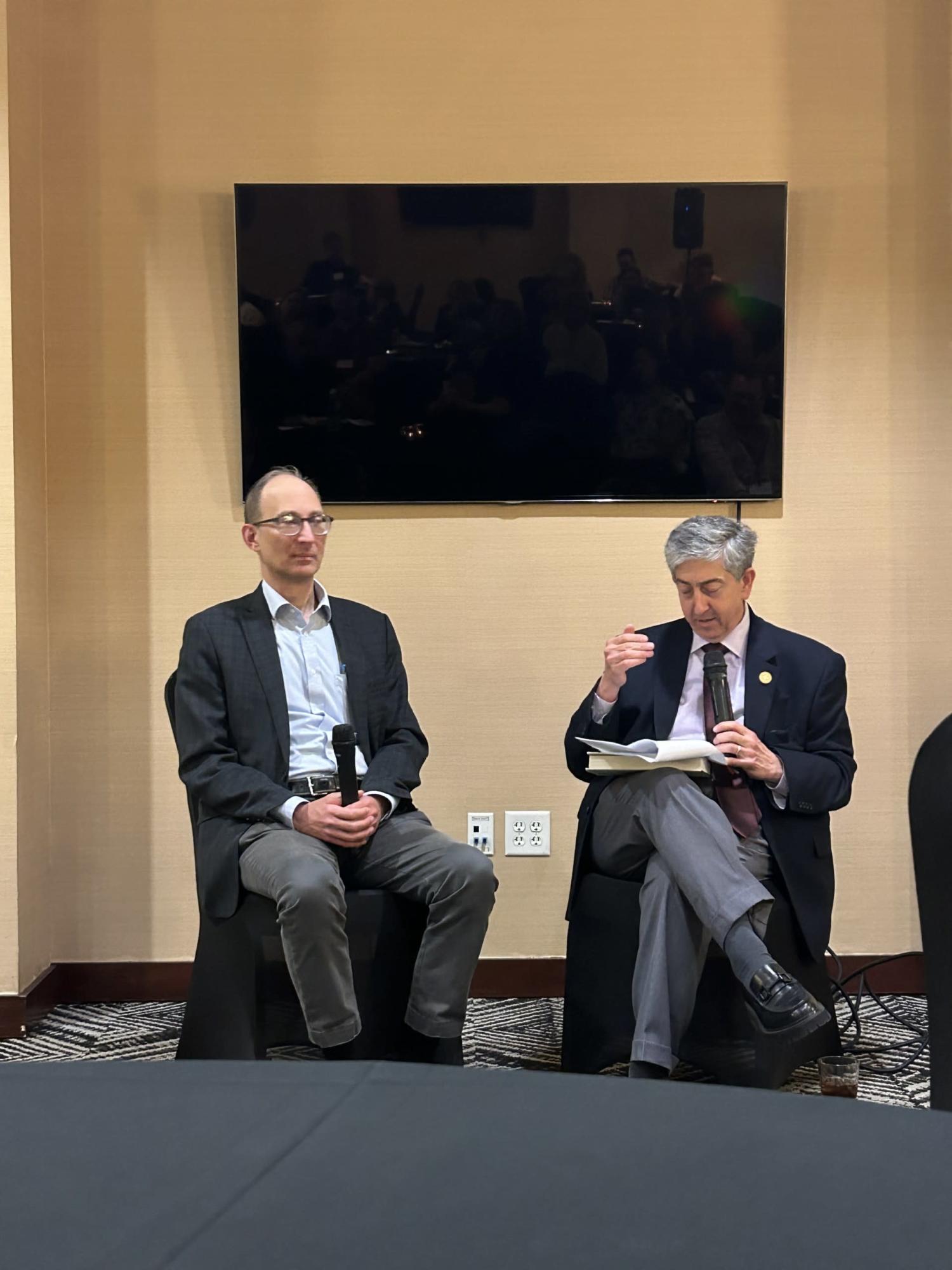
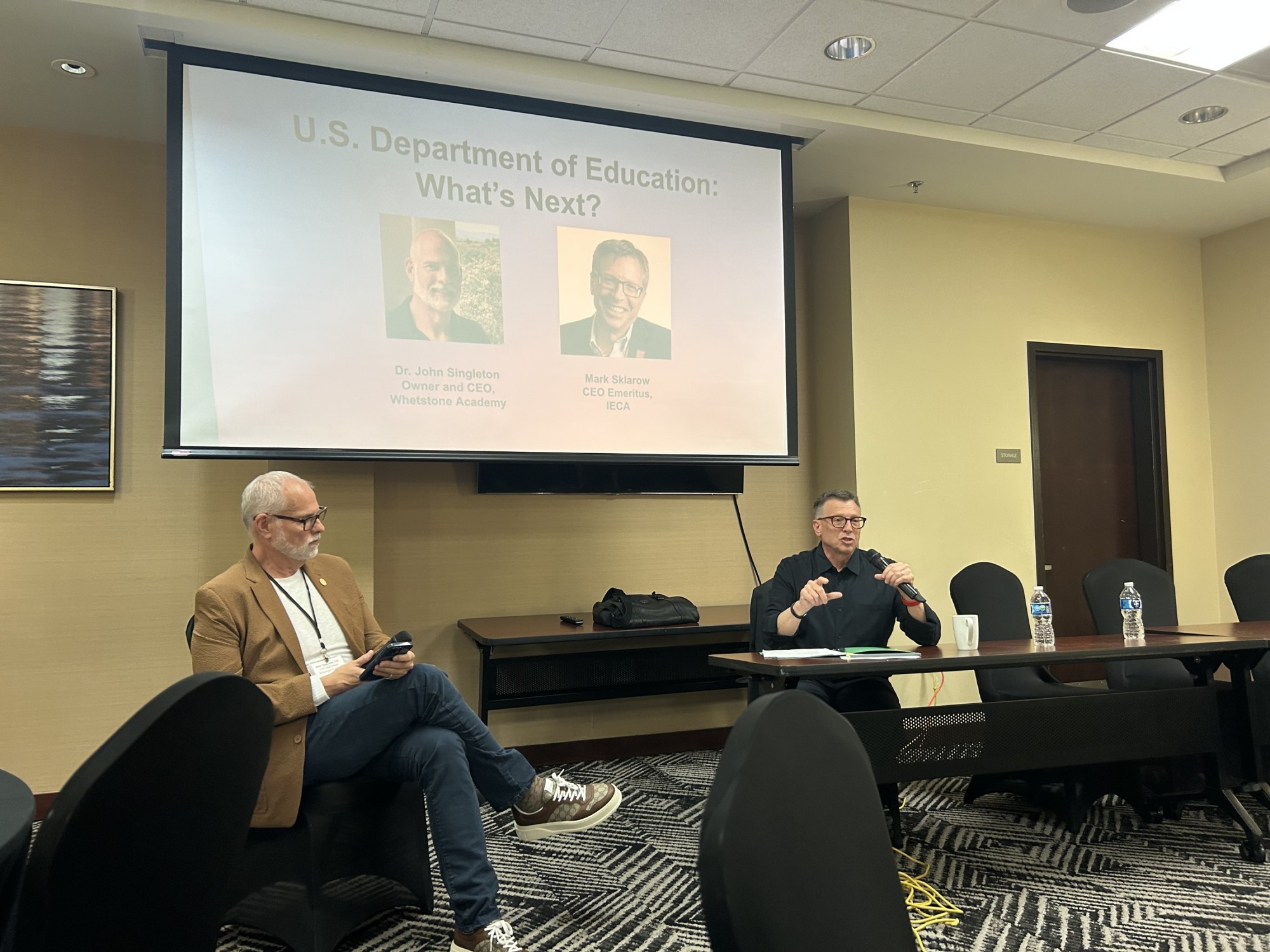
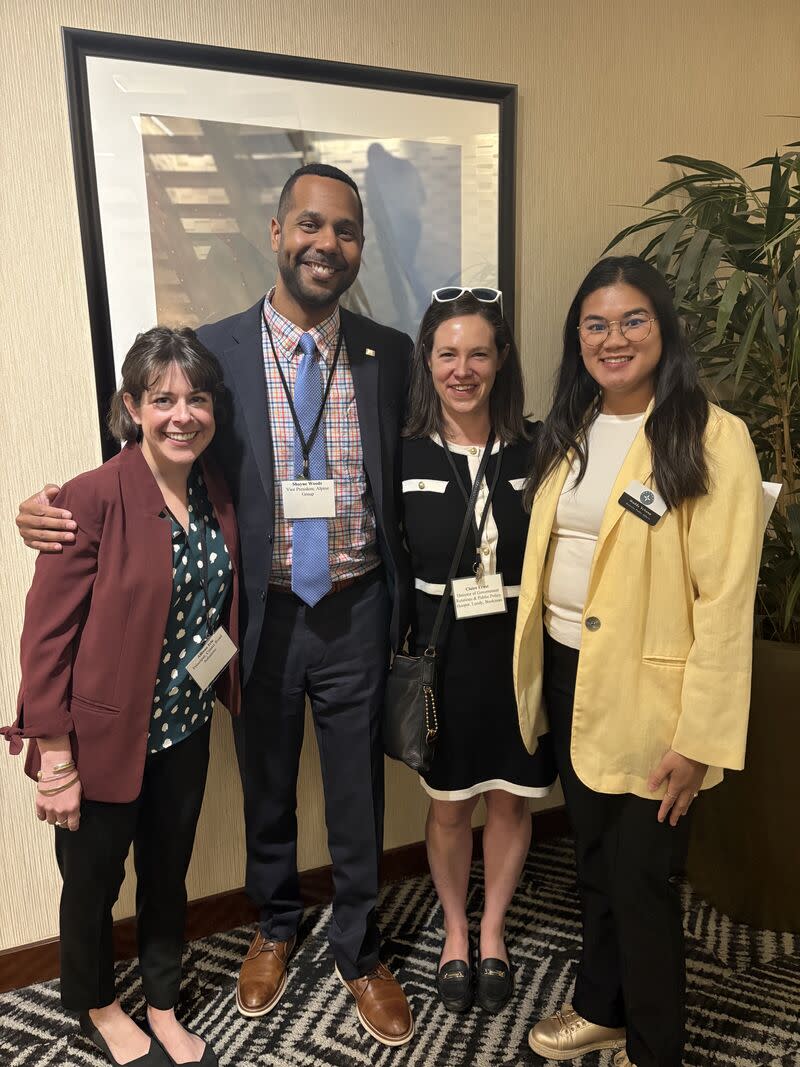
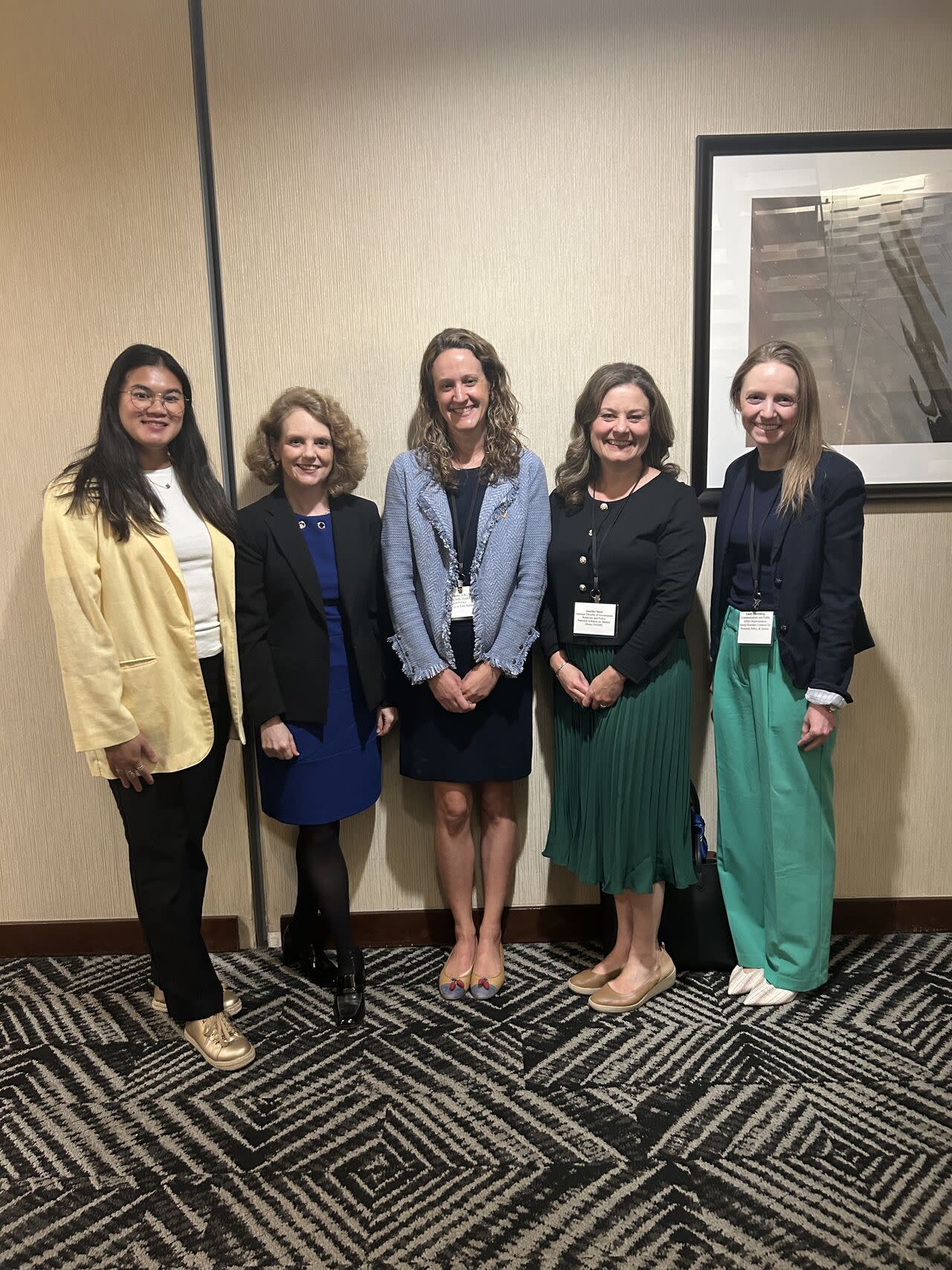
The presence of alumni, families, and mental health professionals added critical depth to every conversation, offering lived experiences that continue to shape and inform federal policy priorities.
Advocacy Day 2025 not only strengthened relationships with lawmakers but also affirmed a shared commitment to advancing standards that protect and support vulnerable youth. Continued engagement and collaboration remain essential to building a system where quality care is consistent, evidence-based, and available to all who need it.

